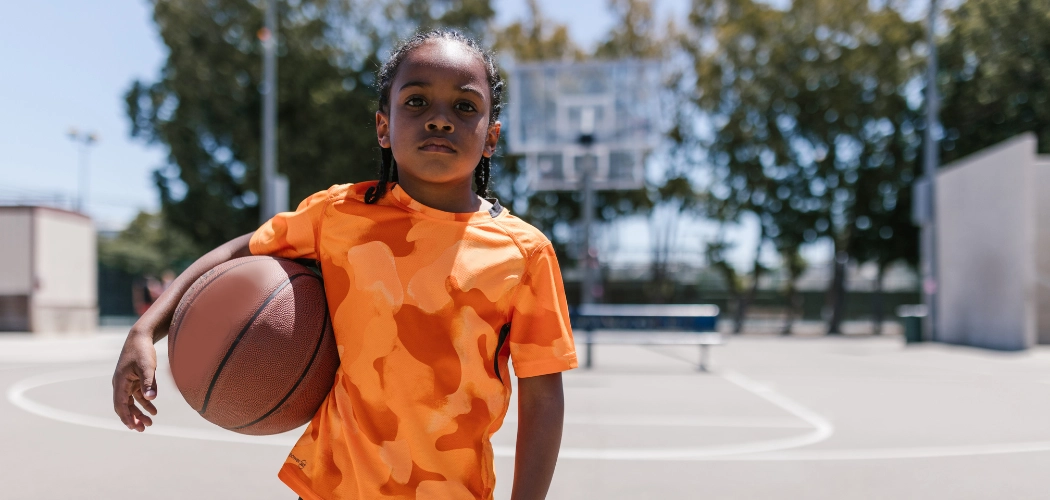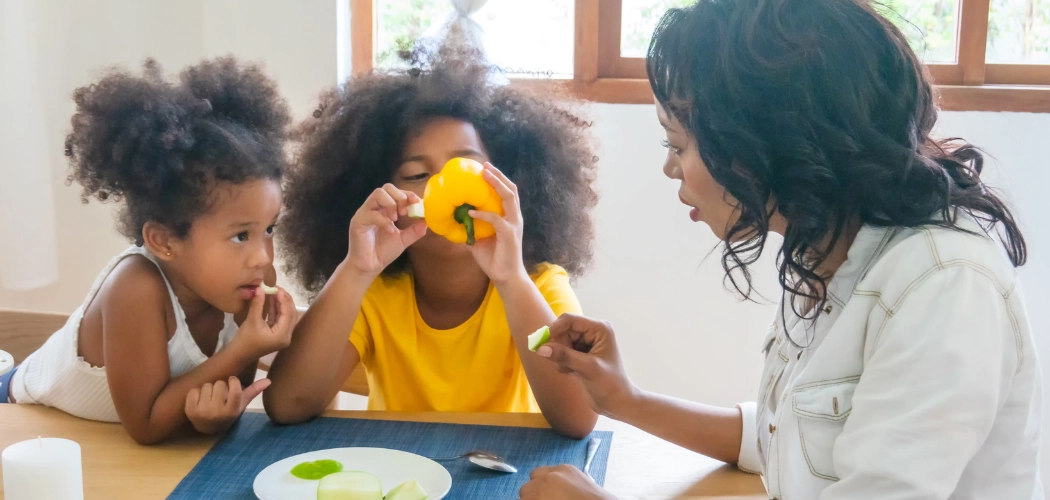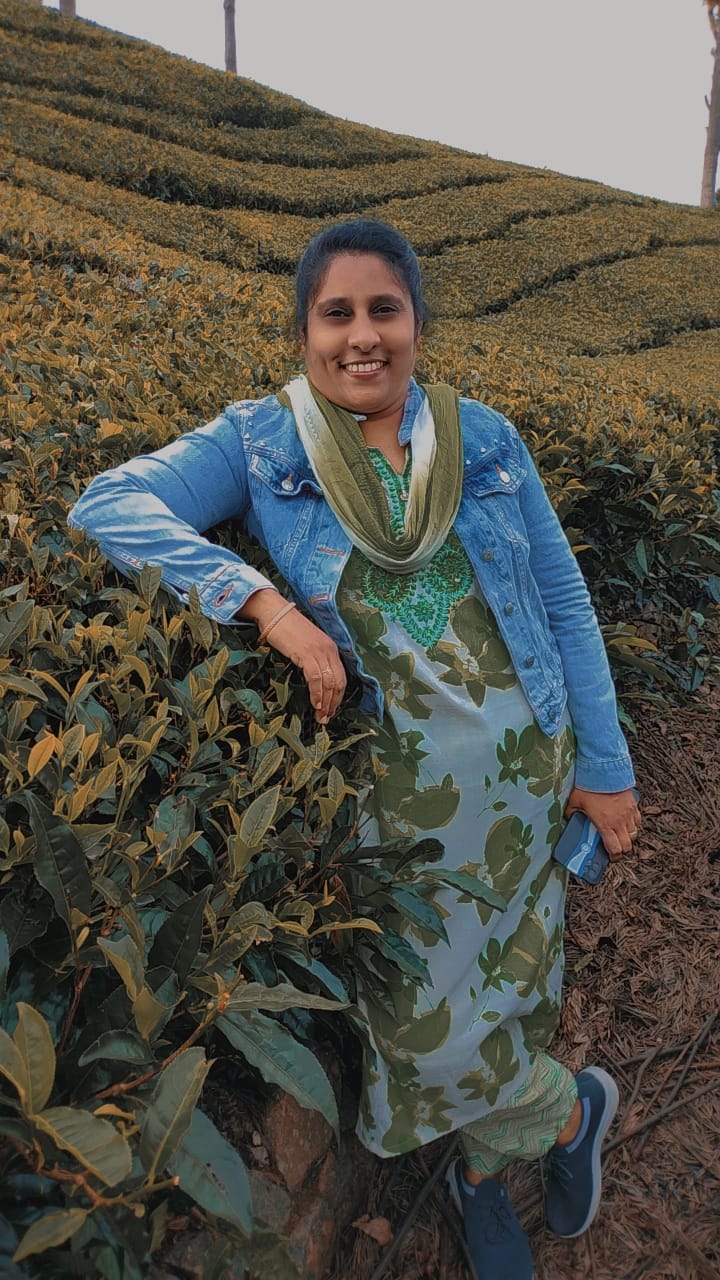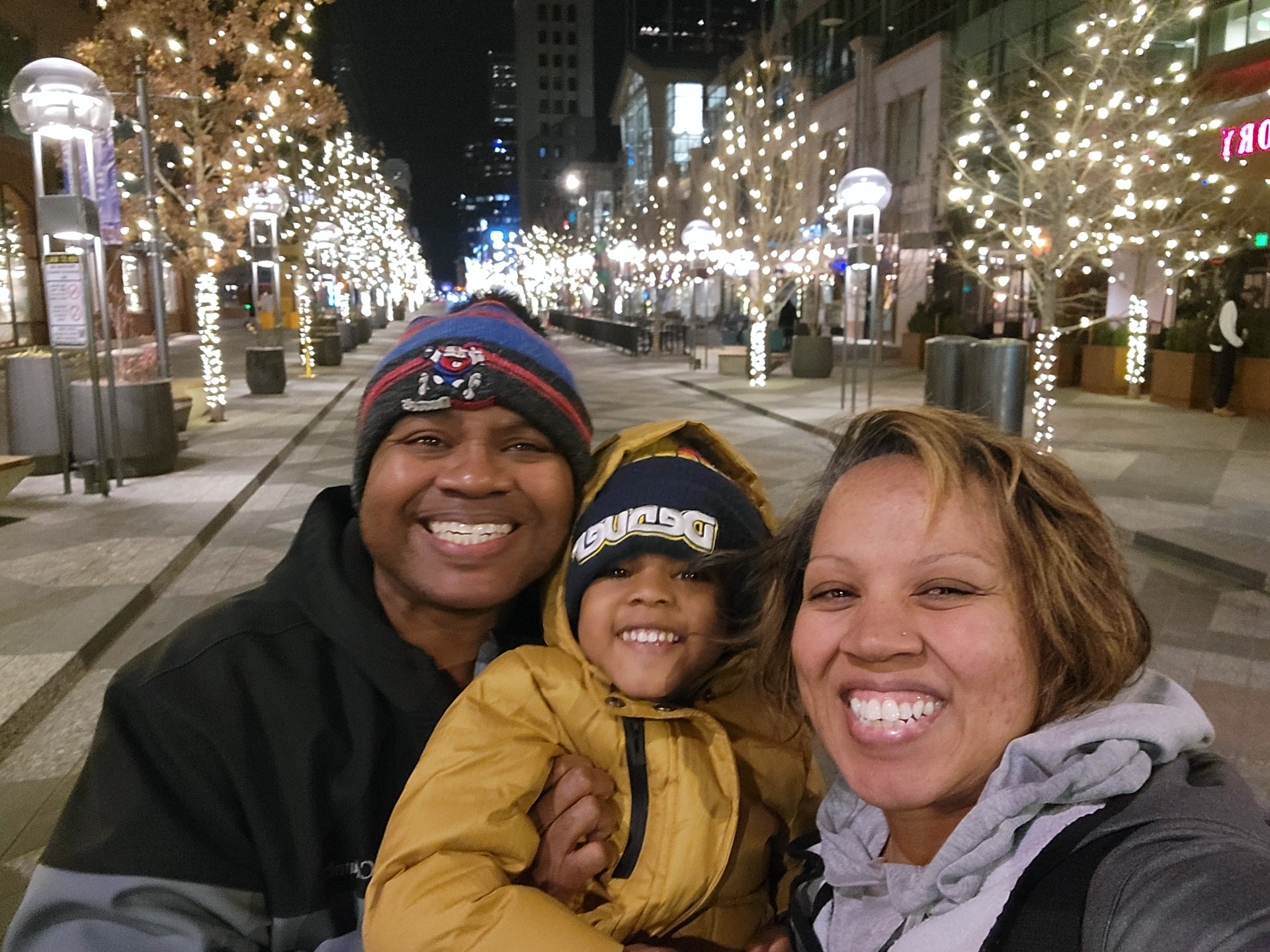“If you are silent about your pain, they’ll kill you and say you enjoyed it.” – Zora Neale Hurston
During the 75th Golden Globes Awards this year, Oprah Winfrey received the Cecil B. de Mille award for outstanding achievement in entertainment, the first black woman to receive the award. Her riveting and powerful speech about the #metoo movement created by activist Tarana Burke, a black woman, went viral, in part because of what many called its “presidential” timbre. But, there was another reason Ms. Winfrey’s speech caught wind – she told the story of Recy Taylor.
Recy Taylor, then 24-years-old, was a black woman who was raped by six white men on September 3, 1944 in Abbeville, Alabama. Her mostly untold story had remained in obscurity until her recent death just short of her 98 birthday. Despite the story gaining national attention and outrage throughout the nation in 1944, a jury declined to indict the men in October of the same year, then again on February 14, 1945 despite a confession from four of the six assailants.
The only reason anyone knew that Recy Taylor, a sharecropper, was raped by six white men as she walked home from church, was because she told her story to someone. Though threatened with imminent death by those who raped and violated her, she told her story to someone who believed her pain – and acted to find justice on her behalf.
Raising a 13-year-old black girl in America is a deeply rich, multifaceted and powerful experience. It is often met with much joy and trepidation, wonderment and, sometimes, a false sense of hope. It is a complex feeling to see promise and light embodied in her 13-year-old self and knowing, that one day, someone will try to dim that light, to snuff it out. It turns my heart inside-out to know that someone will try (and maybe succeed) at silencing her voice, leaving her story to be told only in memoriam.
I used to be the mom that would say to her daughter, “Don’t cry. There’s no need to cry,” when she felt or experienced pain. It likely was my attempt to do what many moms do when their children feel and experience pain – try to assure them that the pain is temporary, that it will end, and joy will find you on the other side. It was a response that I’d give because, in my own heart, I was afraid to join her in her pain, to admit that there were moments I, too, wanted to cry but could not find a safe enough space to do so.
In recent years, however, especially with her exposure to news of police killings of black and brown people, I’ve had to shift my knee-jerk reaction to her pain – “Cry,” I now tell her. Encouraging her tears is to encourage her storytelling – the story that must be told so that the world will know that she was here. Too often the stories of black girls and women are buried under the voices of the privileged, those with power and influence. Little do they know that the stories they try to bury are like seeds – they grow into towering tales that shape-shift the very structures that tried to keep them silent. Our stories create space for other women to say, “Me, too” but too often leave us behind when it’s time for reconciliation, restitution and reparations.
Our story is ours to tell. It is special, unique, a composite of experiences. It deserves space to rest, grow, and rest some more. It requires care, attention and elevation. I do not want my daughter to live a life where she must stifle her voice to ensure that others feel better about their complicity in her oppression; she is encouraged to tell her story – in whatever way she can – so that no one can ever mistake her silence for consent. But like Recy Taylor and the countless women whose truth-telling troubled the waters, it takes a listening ear and risk-taking hands to see justice. It takes those who do justice, love kindly and walk humbly to listen to the stories and let the storytellers lead be first in line to receive restoration; because we will not leave this earth with untold stories. We will tell our stories because through them we overcome and find freedom.
 Rev. Alisha L. Gordon, M.Div. is a writer, teacher, scholar activist and public theologian. She marries social justice work and spiritual growth to the prophetic call of the church to help women see their full potential in a social and political landscape. Alisha has a 13-year-old daughter and lives in the New York City area.
Rev. Alisha L. Gordon, M.Div. is a writer, teacher, scholar activist and public theologian. She marries social justice work and spiritual growth to the prophetic call of the church to help women see their full potential in a social and political landscape. Alisha has a 13-year-old daughter and lives in the New York City area.




